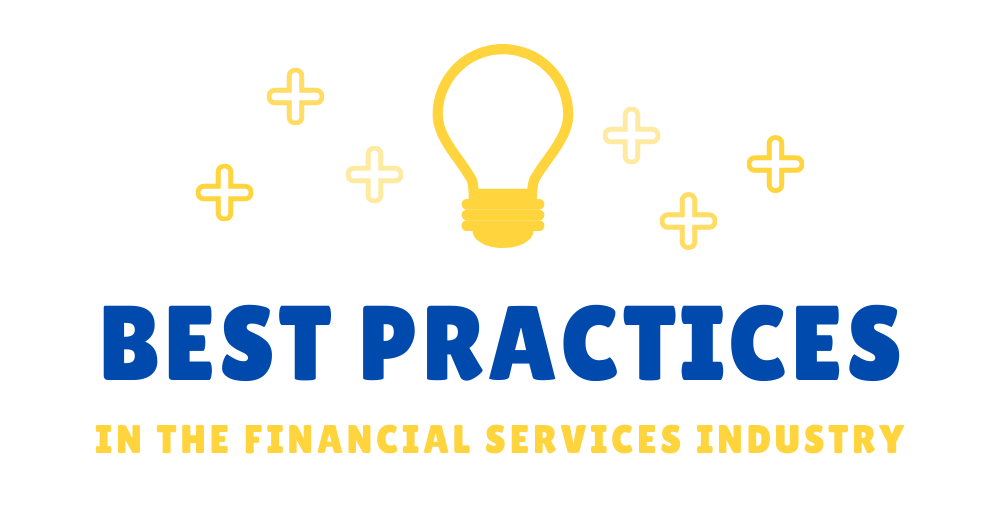Using celebrities as spokespersons for a wealth management brand is risky, in my opinion. Today's well-regarded celeb may be tomorrow's headline scandal or has-been persona.
While some consumers may be impressed by paid spokespeople with some celebrity status and using a celebrity in ads may attract some attention, smart consumers know that anyone being paid to endorse a product or a service is not totally legit. In fact, paid advertising is already perceived as less than impartial because anyone can say just about anything they want if they pay for the space. Earned media attention is more powerful than paid advertising when it comes to building strong perceptions and a feeling of trust. That's why we work hard to make sure our wealth management, financial services and fintech clients are seen as credible authorities who can speak with power and grace when it comes to their area of expertise. Here's what's better: Standing out as an authority based on your own passion, purpose and solid, niche-focused expertise and third-party validation factors. An authority who writes a quality book, who blogs regularly, who produces thought leadership content that passes the test with credible news outlets and is therefore published by them, who is quoted by a respected journalistic publication or influential blogger (or interviewed on a legitimate radio or television show or by a relevant podcaster / vlogger) builds trust in the hearts and minds of smart consumers who are not easily fooled by fancy ads and expensive celebrity-based visibility campaigns. The one exception for a wealth management firm would be when a former athlete or entertainer joins the firm as a member of the team. The perception is that if that person has walked in my moccasins they will be helpful in the overall equation and provide a rudder and quite possibly a vision for the services that I will receive. For big brands and robo-advisor type services, using a celebrity to attract mass affluent and accumulators might work to attract some business. But again, if the celebrity falls from grace or their halo becomes tarnished in anyway, there could be a detrimental effect. There are enough other reputational components to manage as a brand, in my opinion, without also taking on a celebrity reputational risk. My advice for a big brand would be to think twice about who you are inviting into the fold. Perceptions and reputation are everything. Employees and stakeholders are easier to manage and control when it comes to reputational risk. A better solution for a big brand would be to create their own "celebrity" -- for example, the Verizon guy who kept popping up in all sorts of places saying "can you hear me now?" or the Geico Lizard or the Aflac Duck -- those are comical and memorable characters who have become famous in their own right over time -- without reputational risk factors. Click here to read the article written by Financial Planning magazine reporter Bernadette Berdychowski, See also survey data and comments from Collective Bias, an influencer marketing agency, that shows Peers Have Influence Over Consumers, Celebrities Don't. Comments are closed.
|
About
|
|
Stay Connected
|
Phone: 913-649-5009
©2023 Impact Communications, Inc.
|





